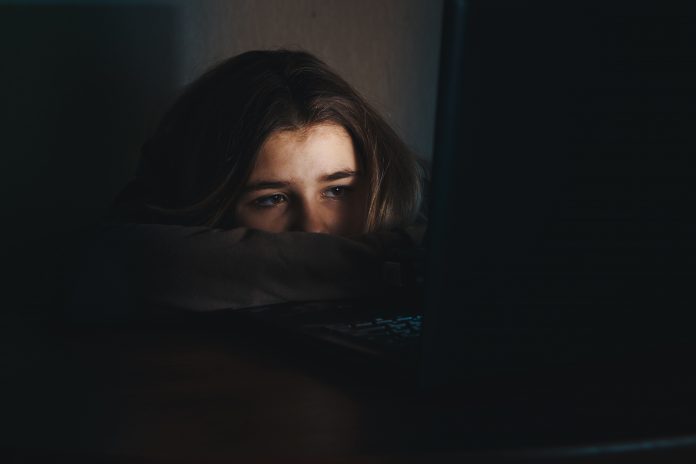Scientists analysed 59,000 Icelandic adolescents to understand the psychological impact of COVID-19 – now, they say the pandemic has significantly harmed the mental health of teenage girls
According to a team of behavioural and social scientists, the pandemic has had a significant impact on adolescent mental health. This intangible and yet all-encompassing phenomena is something that parents, families and schools across the globe have been witnessing for one year – leading to calls to open schools as a matter of high priority. The loss of social interaction led to one in five adults in the UK recording symptoms of depression.
The internet, especially for teenagers who were unable to meet in real life, became even more of a crutch for interaction. Some scientists described the power of technology as a “double-edged sword”, which could solve the experience of loneliness by creating a new addiction.
But these insights are fragments – looking either at a population in a specific window of time, or mulling over the addictive potential of the internet without full context. In this study, 59,000 Icelandic adolescents discussed age and gender-specific changes to their mental health problems and substance use during the pandemic.
Collaborating senior investigator John Allegrante, an affiliated professor of sociomedical sciences at Columbia University Mailman School of Public Health and an applied behavioral scientist, said: “The decrease observed in substance use during the pandemic may be an unintended benefit of the isolation that so many adolescents have endured during quarantine.”
The study found that negative mental health outcomes were disproportionately reported by girls and older adolescents (13-18-year-olds), compared to same-age peers before the pandemic.
At the same time, the scientists revealed that 15-18 year old teenagers experienced a decline in cigarette smoking, e-cigarette usage and alcohol intoxication when COVID-19 hit.
‘Clinically important, negative impact on young people’
“The decrease observed in substance use during the pandemic may be an unintended benefit of the isolation that so many adolescents have endured during quarantine,” said collaborating senior investigator John Allegrante, an affiliated professor of sociomedical sciences at Columbia University Mailman School of Public Health and an applied behavioral scientist.
“Isolation during the pandemic has been universal and it is global, and it is having a clinically important, negative impact on young people who have not been in school during the pandemic. Whether an adolescent was an Icelander in Reykjavik who had been at home for most of the last year or an American in New York City, living under the same circumstances – being at home, engaged in remote learning and separated from friends–the consequences of not going to school not only set back their learning but also negatively affected their mental health. What we don’t know is by how much.”











